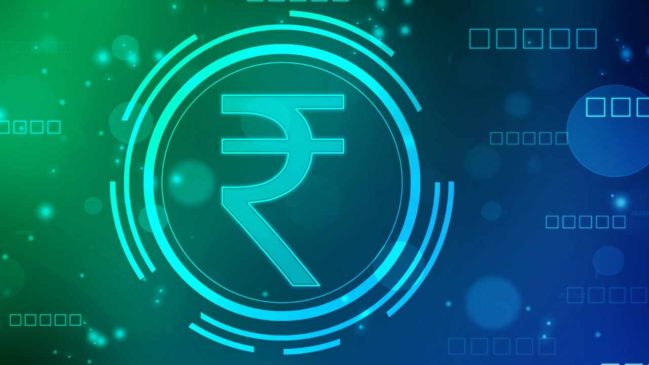India’s central bank, the Reserve Bank of India (RBI), is launching its first retail digital rupee pilot on Dec. 1 with the participation of eight banks. The pilot will start in four cities and then expand to cover nine more cities across India.
RBI Picks 8 Banks, 13 Cities to Test Retail Digital Currency
The Reserve Bank of India (RBI) announced Tuesday that “the first pilot for retail digital rupee (e₹-R)” will launch on Dec. 1. This announcement followed the RBI’s wholesale central bank digital currency (CBDC) pilot which began on Nov. 1.
Eight banks will participate in the retail digital currency pilot in two phases. State Bank of India, ICICI Bank, Yes Bank, and IDFC First Bank in four cities across India will participate in the first phase. Bank of Baroda, Union Bank of India, HDFC Bank, and Kotak Mahindra Bank will participate in the second phase.
The Indian central bank detailed:
The pilot would initially cover four cities, viz., Mumbai, New Delhi, Bengaluru, and Bhubaneswar, and later extend to Ahmedabad, Gangtok, Guwahati, Hyderabad, Indore, Kochi, Lucknow, Patna, and Shimla.
“The scope of [the] pilot may be expanded gradually to include more banks, users, and locations as needed,” the RBI clarified.
About RBI’s Retail Digital Rupee
The Indian central bank explained:
The e₹-R would be in the form of a digital token that represents legal tender.
The digital rupee will be issued in the same denominations that paper currency and coins are currently issued, the central bank noted, adding that it would be distributed through intermediaries, such as banks.
“Users will be able to transact with e₹-R through a digital wallet offered by the participating banks and stored on mobile phones / devices,” the central bank detailed, noting that transactions can be person-to-person (P2P) or person-to-merchant (P2M). Merchants will display QR codes that can be used to make payments.
“The e₹-R would offer features of physical cash like trust, safety, and settlement finality. As in the case of cash, it will not earn any interest and can be converted to other forms of money, like deposits with banks,” the central bank continued, elaborating:
The pilot will test the robustness of the entire process of digital rupee creation, distribution, and retail usage in real time. Different features and applications of the e₹-R token and architecture will be tested in future pilots, based on the learnings from this pilot.
Do you think India’s central bank should issue a digital rupee? Let us know in the comments section below.
Image Credits: Shutterstock, Pixabay, Wiki Commons
Disclaimer: This article is for informational purposes only. It is not a direct offer or solicitation of an offer to buy or sell, or a recommendation or endorsement of any products, services, or companies. Bitcoin.com does not provide investment, tax, legal, or accounting advice. Neither the company nor the author is responsible, directly or indirectly, for any damage or loss caused or alleged to be caused by or in connection with the use of or reliance on any content, goods or services mentioned in this article.



